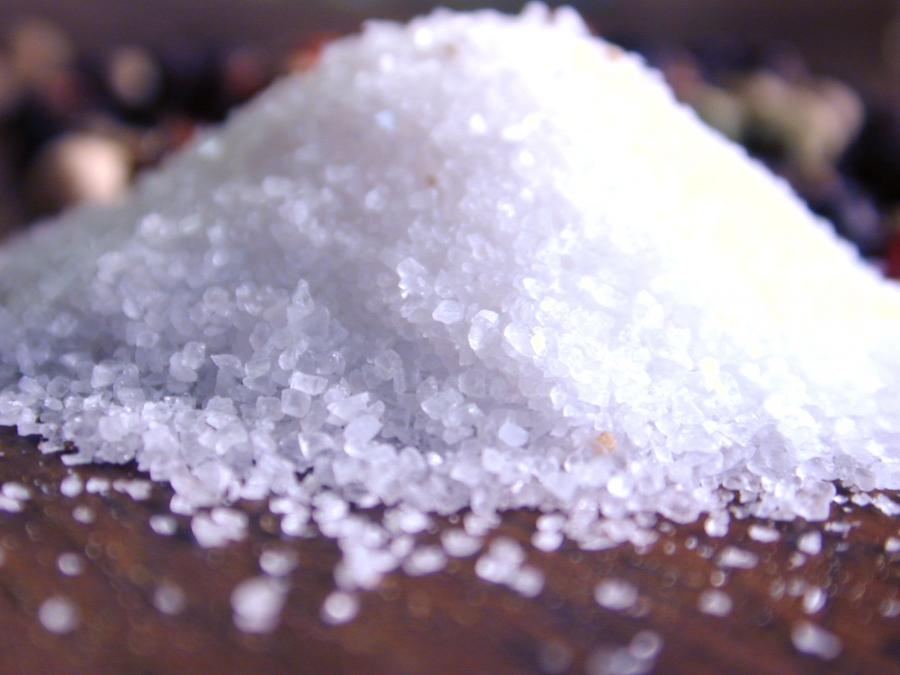 Tired of trying every chemical flea treatment product on the pet aisle all to no avail? Fleas are resilient parasites that adapt to their environment, making it difficult for homeowners to treat. This problem is compounded by the fact that a single female can lay over 5,000 eggs in her lifetime. Your flea infestation may start off small, but it can quickly spiral out of control if left untreated.
Tired of trying every chemical flea treatment product on the pet aisle all to no avail? Fleas are resilient parasites that adapt to their environment, making it difficult for homeowners to treat. This problem is compounded by the fact that a single female can lay over 5,000 eggs in her lifetime. Your flea infestation may start off small, but it can quickly spiral out of control if left untreated.
Why You Should Avoid Chemical Flea Treatment Products
Rather than filling your home with toxic chemicals, you should look towards some of the more natural flea treatment techniques. Many traditional chemical-based products containing toxic ingredients like propoxur (which we’ve blogged about previously). These products may not cause any initial harm to your pet, but they can lead a weakened immune system, nervous system problems and other ill effects.
Using Salt To Treat Flea Infestations
Salt is an all-natural ingredient that’s highly effective when used to treat flea infestations. You don’t have to spend $50 bucks or more on some expensive name-brand flea treatment product at the local pet store, as salt works just as well (if not better). And the great thing about salt is the simple fact that it’s all natural, so you don’t have to worry about poisoning your pets and family in the process.
How Salt Works
Salt works to kill fleas through dehydration. Other products typically work by using harsh chemicals to burn and kill fleas, but salt takes a different approach by killing fleas through dehydration. When a flea comes into direct contact with salt, the salt will draw out the flea’s moisture to the point where it dies.
Tips on Using Salt To Kill Fleas:
- Sprinkle salt on high-traffic ‘problem’ areas where you’ve seen flea activity.
- Brush salt throughout the carpet so there’s a light layer on top.
- Avoid vacuuming the floors for at least 48 hours.
- Create a barrier by sprinkling salt around the exterior of your home.
Some dogs and cats may attempt to lick this new substance on the ground when you initially use it, but their curiosity should quickly fade once they get a taste of it. If your dog or cat does not stop licking the salt, however, you should place them in a separate room. Consuming too much salt can harm their health, and you don’t want to end up taking your pet to the veterinarian just because you were trying to treat a flea infestation with salt.
Have you successfully used salt to treat a flea infestation? We’d love to hear your story in the comments section below!
